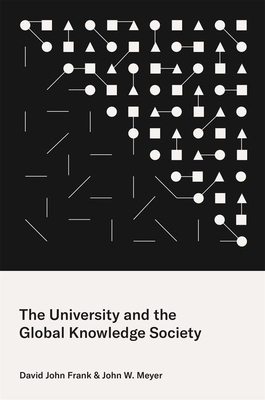Expedite your nonfiction book discovery process with Readara interviews, summaries and recommendations, Broaden your knowledge and gain insights from leading experts and scholars
In-depth, hour-long interviews with notable nonfiction authors, Gain new perspectives and ideas from the writer’s expertise and research, Valuable resource for readers and researchers
Optimize your book discovery process, Four-to eight-page summaries prepared by subject matter experts, Quickly review the book’s central messages and range of content
Books are handpicked covering a wide range of important categories and topics, Selected authors are subject experts, field professionals, or distinguished academics
Our editorial team includes books offering insights, unique views and researched-narratives in categories, Trade shows and book fairs, Book signings and in person author talks,Webinars and online events
Connect with editors and designers,Discover PR & marketing services providers, Source printers and related service providers

The University and the Global Knowledge Society
Education > Higher
- Princeton University Press
- Paperback
- 9780691202051
- 9.1 X 6.2 X 0.4 inches
- 0.6 pounds
- Education > Higher
- (Single Author) Asian American
- English
Readara.com
Book Description
How the university went global and became the heart of the information age
The university is experiencing an unprecedented level of success today, as more universities in more countries educate more students in more fields. At the same time, the university has become central to a knowledge society based on the belief that everyone can, through higher education, access universal truths and apply them in the name of progress. This book traces the university's rise over the past hundred years to become the cultural linchpin of contemporary society, revealing how the so-called ivory tower has become profoundly interlinked with almost every area of human endeavor.
David John Frank and John Meyer describe how, as the university expanded, student and faculty bodies became larger, more diverse, and more empowered to turn knowledge into action. Their contributions to society underscored the public importance of scholarship, and as the cultural authority of universities grew they increased the scope of their research and teaching interests. As a result, the university has become the bedrock of today's information-based society, an institution that is now implicated in the solution to every conceivable problem.
But, as Frank and Meyer also show, the conditions that helped spur the university's recent ascendance are not immutable: eruptions of nationalism, authoritarianism, and illiberalism undercut the university's universalistic and rationalistic premises, and may threaten the centrality of the university itself.
Author Bio
David John Frank is professor of sociology at the University of California, Irvine, and the coauthor of Reconstructing the University
My research analyzes the cultural and organizational underpinnings of world society. In particular, my work examines the changing definition of the human-nature relationship, as expressed in the rise of the global environmental movement; the changing definition of sex, as expressed in shifting criminal regulations and human rights; and the changing definition of knowledge, as expressed in the evolution and expansion of the university curriculum.
Current projects focus on the university and the global knowledge society (with John W. Meyer) and the emergence of LGBTQ public life in countries around the world. I hold degrees in sociology from the University of Chicago (B.A.) and Stanford University (M.A. and Ph.D.). Before coming to the University of California, Irvine, in 2002, I served on the sociology faculty at Harvard University.
Education
Stanford University
Ph.D. in Sociology,1989
M.A. in Sociology,1988
University of Chicago
B.A. in Sociology, with honors, 1981
Source: University of California, Irvine
Videos
No Videos
Community reviews
No Community reviews

